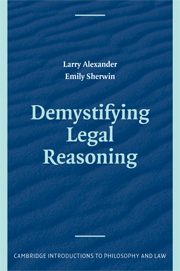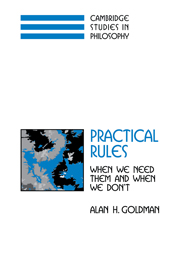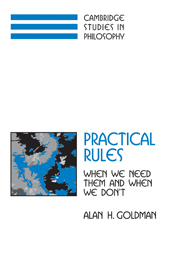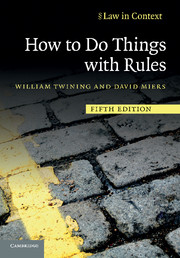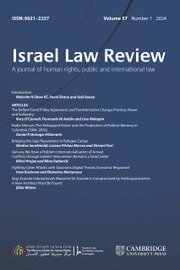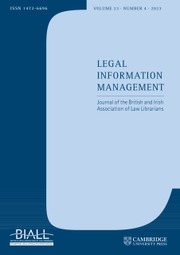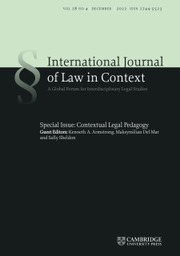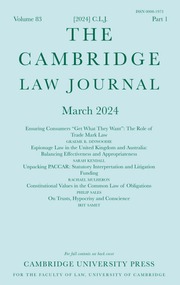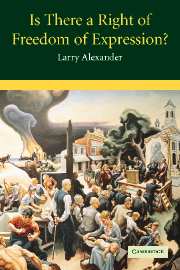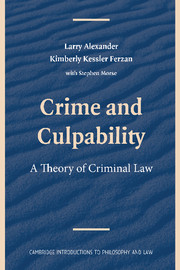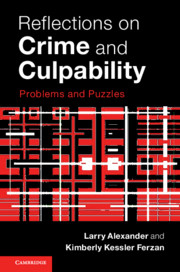Demystifying Legal Reasoning
Demystifying Legal Reasoning defends the proposition that there are no special forms of reasoning peculiar to law. Legal decision makers engage in the same modes of reasoning that all actors use in deciding what to do: open-ended moral reasoning, empirical reasoning, and deduction from authoritative rules. This book addresses common law reasoning when prior judicial decisions determine the law, and interpretation of texts. In both areas, the popular view that legal decision makers practice special forms of reasoning is false.
- Challenges widespread assumptions about legal reasoning
- The book offers a comprehensive analysis of methods of legal reasoning
- Questions the current thinking about interpretation of legal texts
Product details
July 2008Adobe eBook Reader
9780511406386
0 pages
0kg
This ISBN is for an eBook version which is distributed on our behalf by a third party.
Table of Contents
- Part I. Law and its Function:
- 1. Moral controversy
- Part II. Common Law Reasoning: Deciding Cases When Prior Judicial Decisions Determine the Law:
- 2. Ordinary reason applied to law: natural reasoning and deduction from rules
- 3. The mystification of common-law reasoning
- 4. Common law practice
- Part III. Reasoning from Canonical Legal Text:
- 5. Interpreting statutes and other posited rules
- 6. Infelicities of the intended meaning of canonical texts and norms constraining interpretation
- 7. Non-intentionalist interpretation
- 8. Is constitutional interpretation different? Why it isn't and is
- 9. All or nothing.

